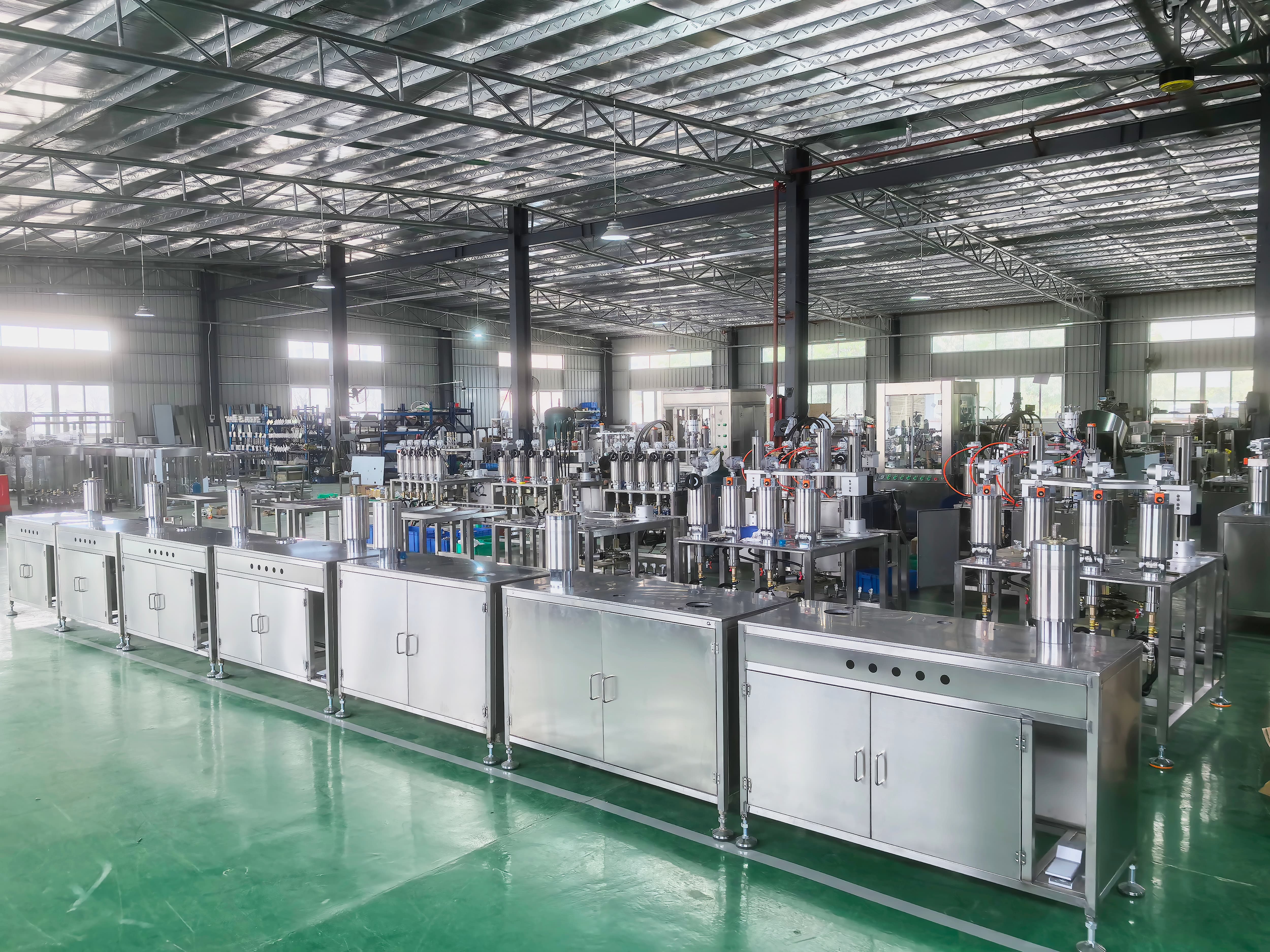
Manual liquid filling machines serve as core equipment in small-scale production settings, renowned for their exceptional flexibility and cost-effectiveness. Unlike automated systems, they excel in environments requiring precise control, portability, and small-batch output. From artisanal workshops to R&D laboratories, these rugged tools empower users to achieve professional-grade precision in filling operations.
Their applications are remarkably diverse. In the cosmetics and personal care industry, they serve as the ideal choice for startups and artisans crafting small-batch, high-value products. They are widely used for filling serums, lotions, creams, essential oils, perfumes, and nail polish. Their manual operation effectively prevents cross-contamination between different batches, and their easy disassembly and cleaning make them highly suitable for small-scale production runs and product testing. In the food and beverage sector, particularly within craft brewing and artisanal production settings, it serves as an essential tool for quality-focused artisans prioritizing craftsmanship over mass production. Common applications include filling hot sauces, craft spirits, vinegars, cooking oils, honey, maple syrup, and specialty beverages. Constructed from food-grade stainless steel and sealed materials, the equipment ensures spill-free handling of premium ingredients, perfectly suited for small-batch production.
In pharmaceutical and laboratory R&D, manual filling machines are critical in high-precision environments for accurately dispensing reagents, solvents, chemical samples, and experimental drugs. Their exceptional volume control minimizes waste of costly chemicals, and their ease of sterilization meets sensitive environment requirements. In the chemicals and industrial products sector, it provides a safe and cost-effective solution for handling diverse industrial fluids, packaging products like lubricants, engine oils, cleaning solvents, adhesives, and sealants. Constructed from chemical-resistant materials and operating without electrical components in potentially explosive or hazardous environments, it significantly enhances safety. Furthermore, in agriculture and horticulture, it supports small-scale production and packaging operations within farming businesses. It facilitates the repackaging of concentrated pesticides, fertilizers, plant nutrients, and seed oils into smaller containers for sale or distribution. Its robust construction handles liquids of varying viscosities, while its portability allows direct use on farms or in small packaging facilities without complex setup.
Regardless of your industry, if your business values flexibility, low entry costs, and manual control precision, a manual filling machine is a wise choice.
